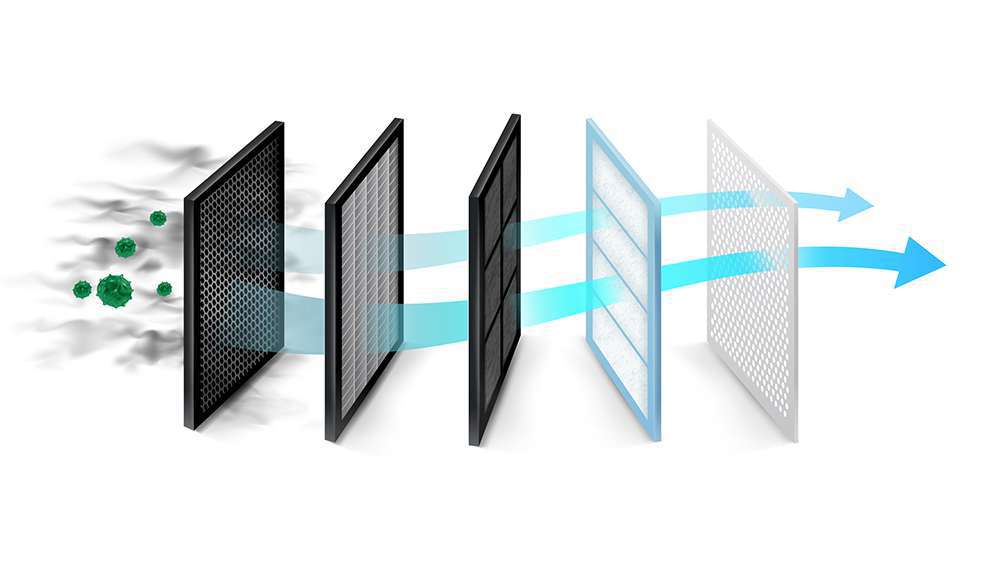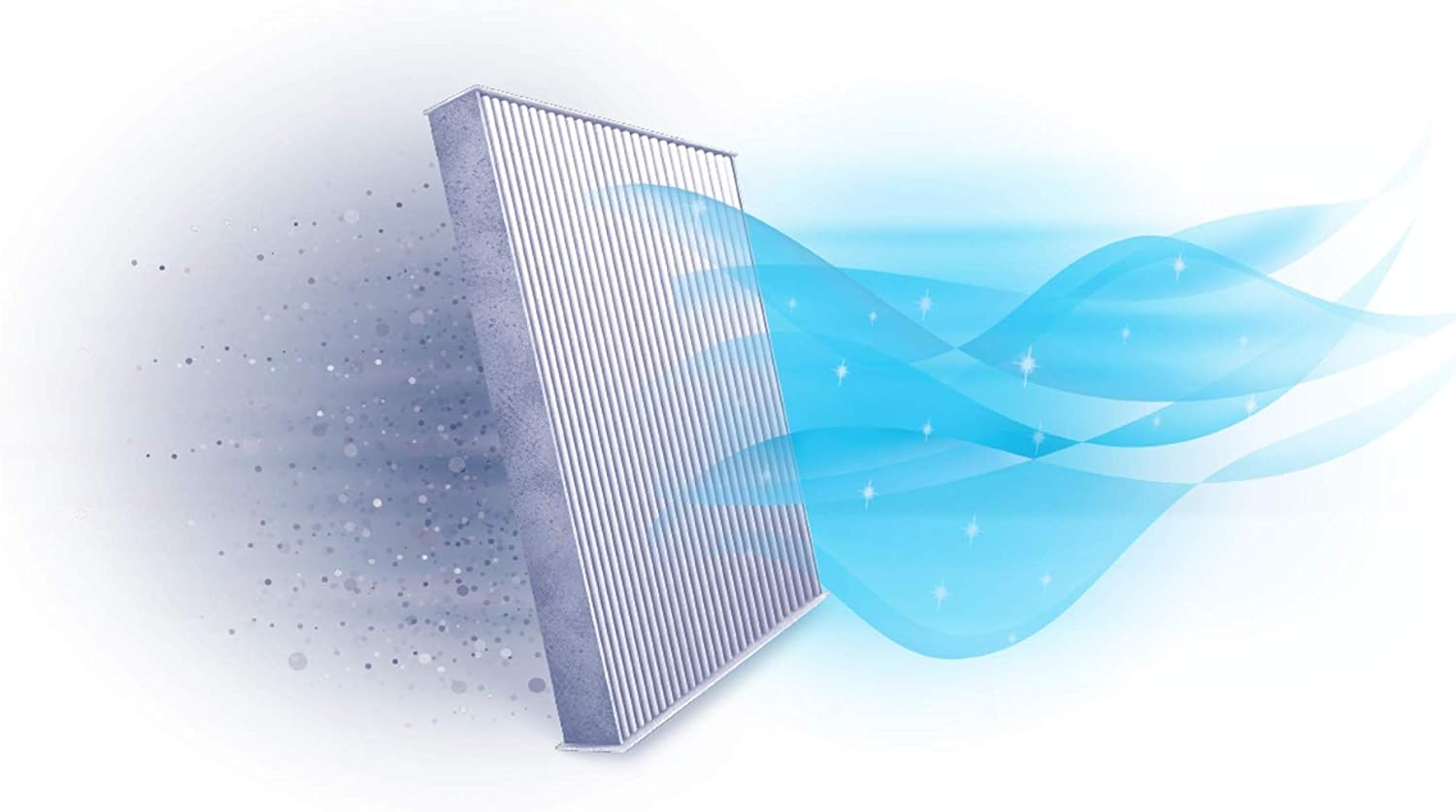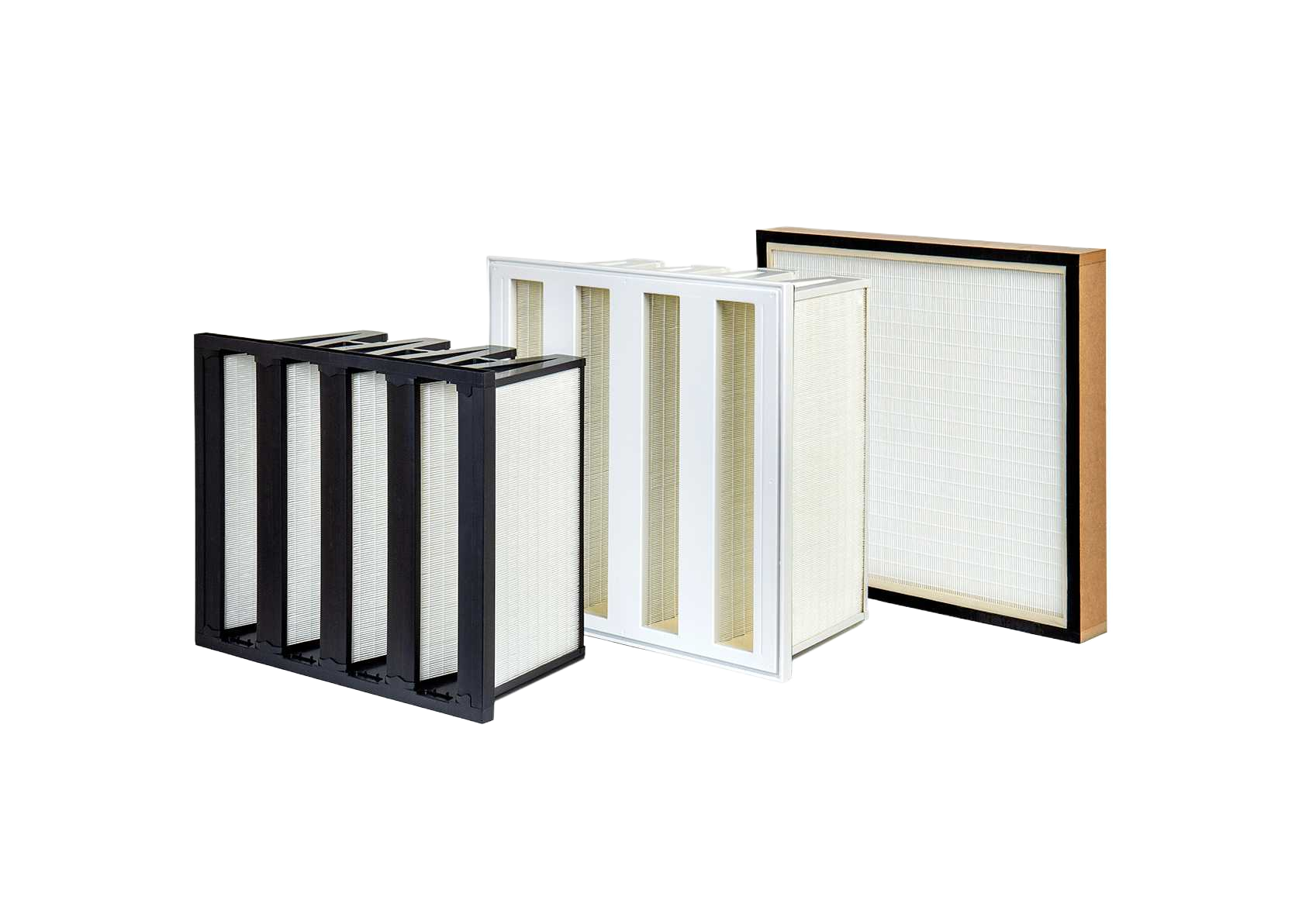
Types of Industrial Air Filters
Types of Industrial Air Filters
HEPA Filters
High Efficiency Particulate Air (HEPA) filters trap 99.97% of particles and contaminants as small as 0.3 microns. Microns are measure length that is one millionth of a meter. While there is overlap with residential applications, commercial HEPA air filters tend to be larger and have higher MERV ratings.
UV Light Filters
UV filters eliminates airborne viruses and bacterial using a short-wave ultraviolet light. The light is radiated from a near-invisible bulb that typically need to be replaced every year. Used heavily in healthcare facilities, the filters are ideal for removing allergens, mold spores, aerosols and other microorganisms that cause respiratory illness and are dangerous to your health.
While they remove harmful bacteria and viruses well, UV light filters aren't as effective at eliminating pollutants like dust, dirt and dander. That is why they're normally paired with HEPA filters as part of a larger air filtration system, allowing you to tackle multiple airborne particles at once.
Pleated Filters
Typically made of polyester and cotton, pleated filters use a folded, accordion-style construction to capture dust, dander, dirt and other pollutants in the air. The pleats provide a greater surface area than non-pleated options, ensuring more particles are removed during the filtration process.
Pleated air filters come in disposable and reusable designs and are available at affordable prices. While they're effectiveness against pollutants and price are a major advantage.
Fiberglass Filters
Fiberglass filters, also known as spun glass filters, are a cost-effective option mainly designed to protect your unit from being damaged by large particles. In terms of indoor air quality, they can trap some dirt, dust and allergens but not ones that are in the form of extremely small particles.
If you don't have to worry about air purification or fending off particles that cause asthma or allergies, fiberglass filters are fine.



